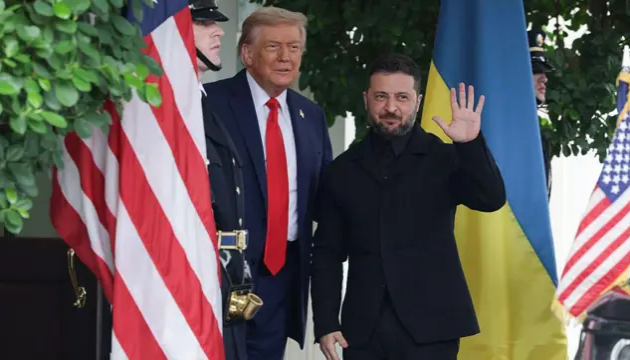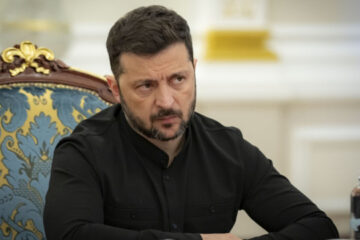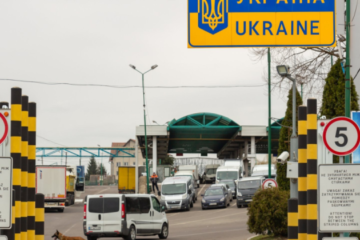Russian propaganda has launched a large-scale campaign to discredit Ukrainian President Volodymyr Zelensky following the historic summit in Washington on August 18, 2025.
In particular, Russian Telegram channels are circulating images of supposed school diary covers allegedly made in Ukraine, showing Zelensky depicted in the style of well-known photos of Russian dictator Vladimir Putin. Propagandists claim this supposedly shows the Ukrainian president wanting to resemble the Russian war criminal.
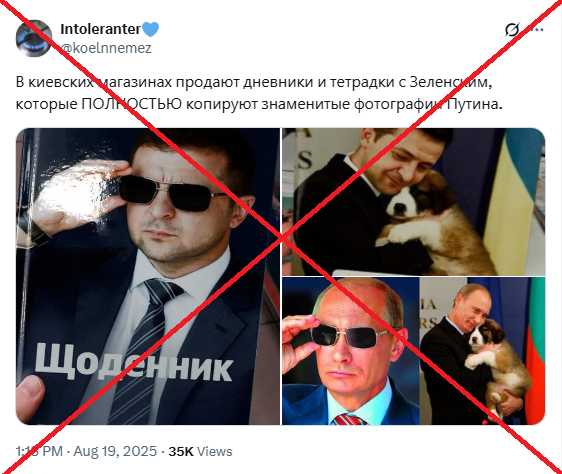
This is false. School diaries featuring Zelensky are not sold in Ukraine. They cannot be found on Ukrainian online marketplaces or stationery websites.

While calendars, postcards, and other merchandise featuring the president are available, school diaries are not. There are no discussions in Ukrainian social media about the sale of such diaries, nor are there photos of the diary from different angles or stores.
The images were generated by artificial intelligence. According to the Fake Image Detector, which identifies manipulated content, these photos were either AI-generated or modified using graphic editors.
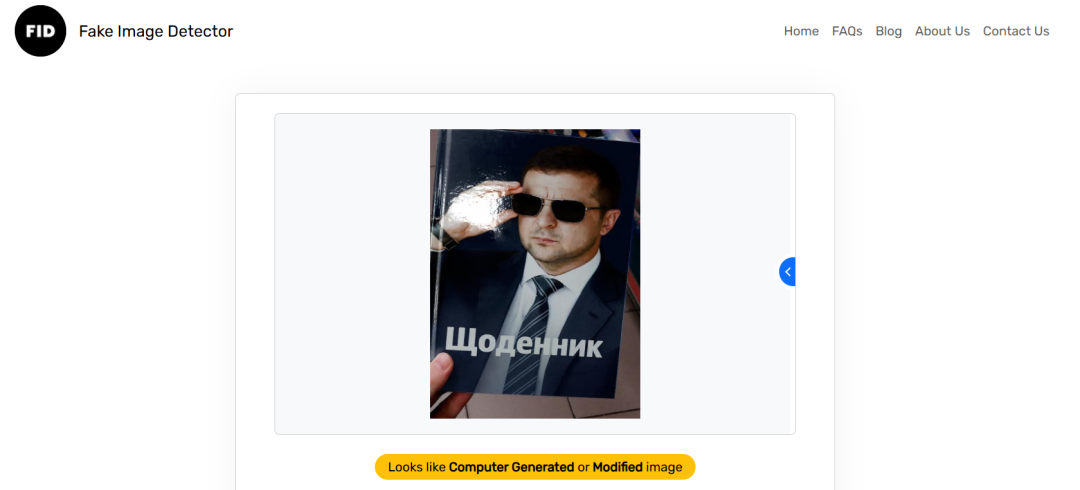
Additionally, Russians circulated an image of jackets with the caption “discount for Mr. Zelensky,” allegedly joking that sellers in Washington were mocking the president for attending official events without a suit.
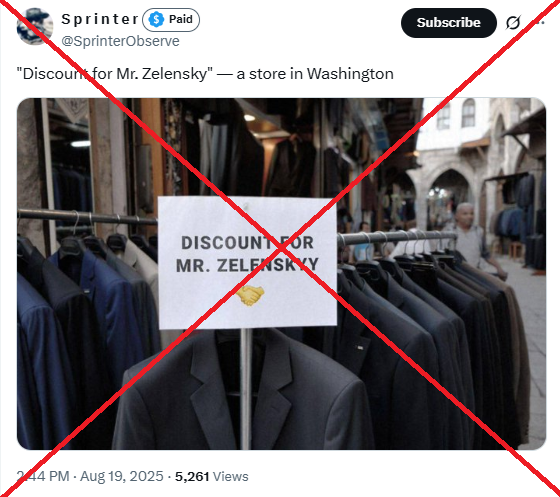
This is also false. The image was generated by AI, as confirmed by Fake Image Detector.
Interestingly, this fake story was first circulated three months earlier, in May 2025, ahead of Zelensky’s visit to Turkey, when Russian propaganda claimed Turkish suit sellers were mocking the president. One of the first to post this fake was Irish propagandist Chay Bowes, who works for Russia Today.
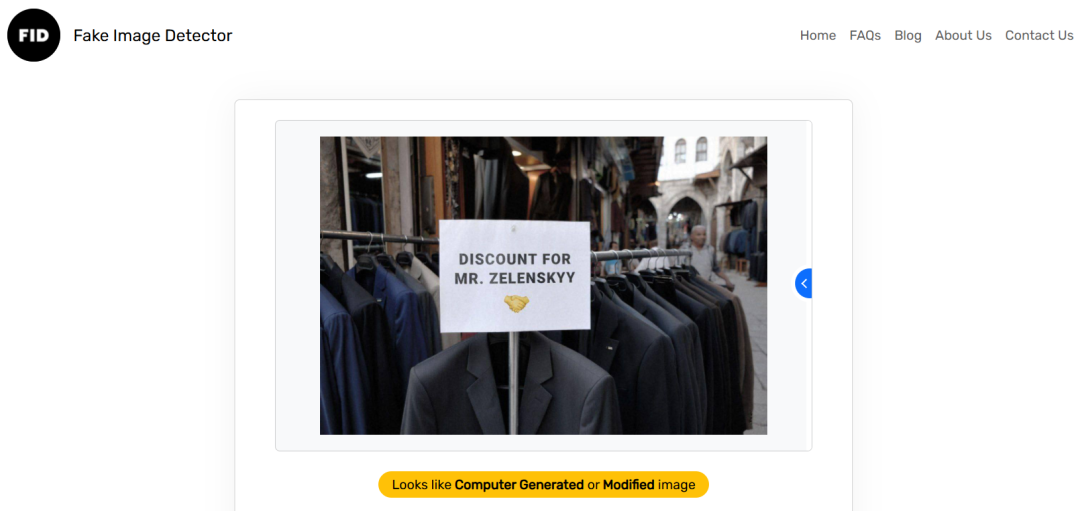
Russian Telegram channels have also shared a fake cover of the French satirical magazine Charlie Hebdo, depicting Zelensky surrounded by fallen soldiers with the caption: “Zelensky’s main achievement: leadership in natural gas production.”
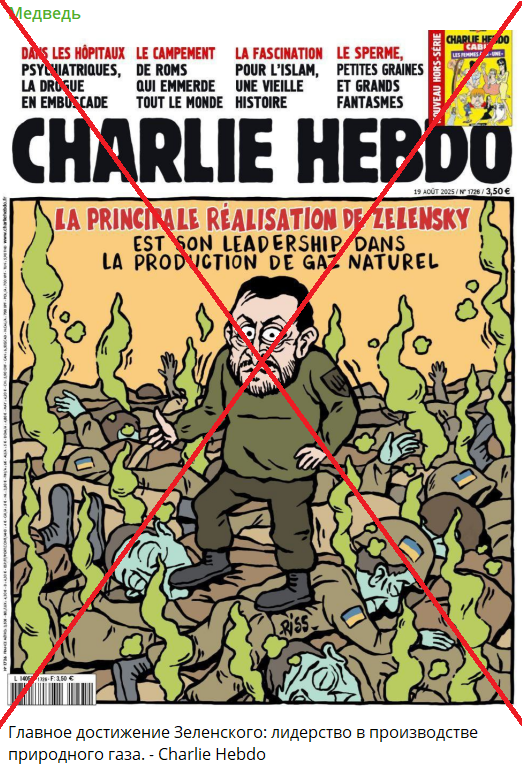
This is false. No such cover exists on the magazine’s official website or social media accounts. The actual issue was published on August 20, while the fake cover lists August 19. Since Charlie Hebdo is a weekly magazine published every Wednesday, it could not have been released on Tuesday, August 19.
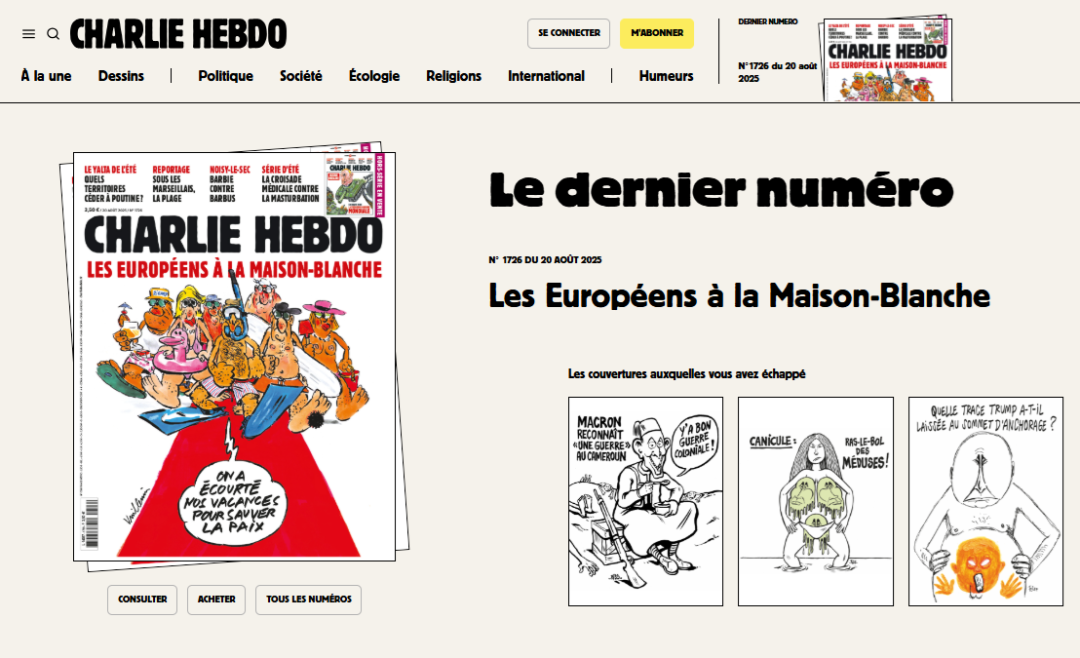
Previously, Russian propaganda also tried to portray Alaskans as welcoming Putin.
Andriy Olenin

